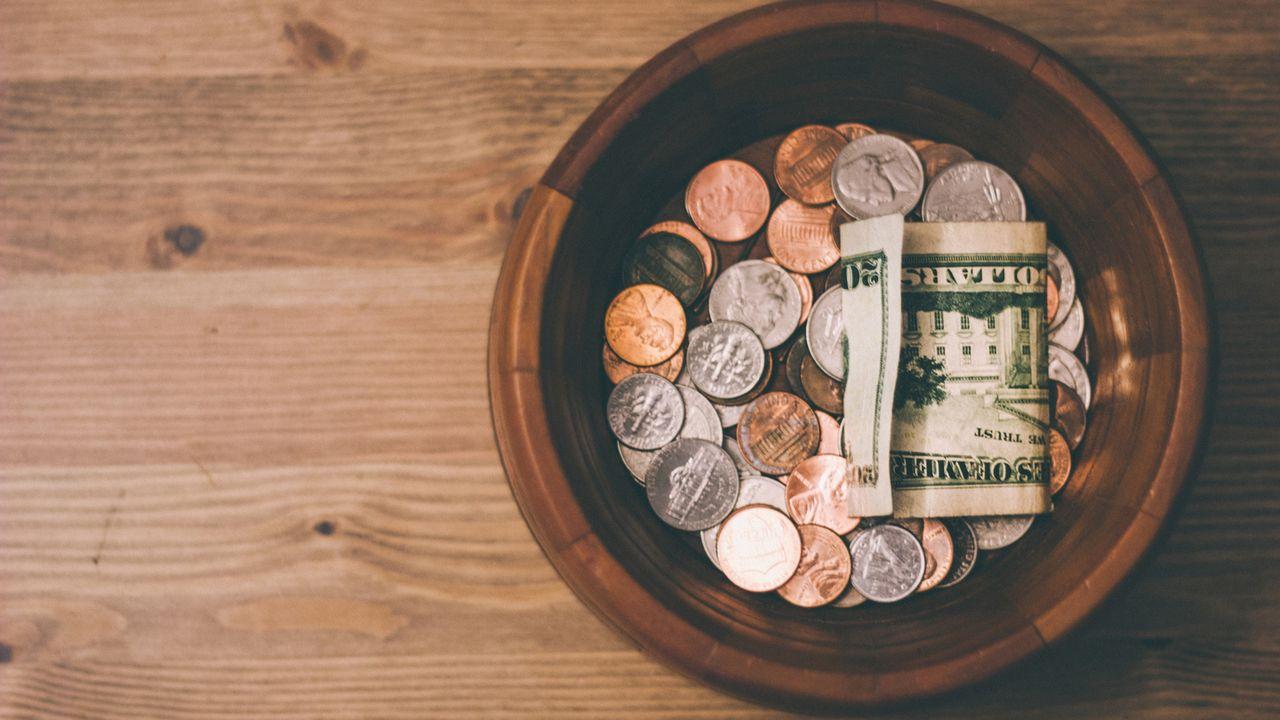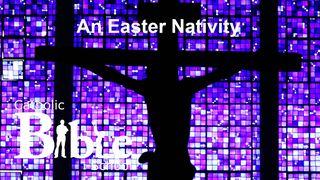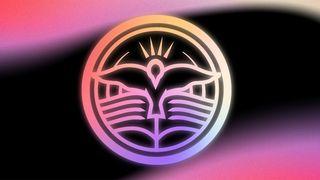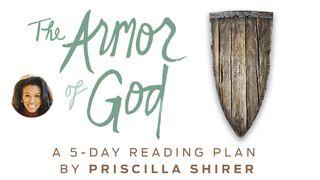Dave Ramsey’s Financial Wisdom From Proverbsדוגמה

Day 10: Leave a Legacy
Consider This: The end of your life can either be a blessing or a burden to your family.
When my children were teenagers, one of them came to me complaining about how “hard” it was to be a Ramsey kid. She whined about having to buy her own car and learn to manage her own finances when her friends didn’t have to.
“You cut us no slack,” she said.
She was right. Sharon and I did expect a lot from our kids—and we worked hard to make sure they understood the biblical principles of giving, saving and spending. But we didn’t do it to be mean. We did it because we want wealth to be a blessing to our children rather than a curse.
See, I’ve checked the statistics, and they tell me that 100% of us will die someday. We all have an expiration date when it comes to our time on earth—and Sharon and I are no exception. We know that one day our three children will inherit everything we’ve built and saved. The same is true for you too.
I reminded my daughter that the inheritance we pass to her and her siblings will either bless their lives beyond belief or ruin their lives beyond repair. The difference rests in our ability to teach them how to handle money right now.
That’s the truth found in Proverbs 13:22. As a believer, I should be using my wealth to make a difference in the world right now. But I’m also called to leave a legacy for generations to come.
What kind of impact do you want to leave after you’re gone? If I just pass on a bunch of money but my kids and grandkids only remember me as a mean, selfish old man, I’ve missed the mark. I want to leave a legacy that emphasizes values over money. Values like loving Jesus, doing what I can to make the world a better place, living with integrity, and being a great husband and father.
If you have children, you have your own legacy responsibilities. Make sure you have a will that’s current and appropriate for your state laws. It should explain how your assets are to be distributed, and it also needs to answer questions that will be asked when you die. These include questions about the custody of minor children, your feelings about life support, and your organ donor wishes.
If you aren’t teaching your children how to handle money, you need to start—regardless of their age. After all, the best financial legacy you can leave is a generation of wise and competent stewards.
Leave a legacy of character by letting your kids see how you manage all your resources. You also want to develop kids and grandkids who will wisely use the financial resources you leave behind. That’s what I call leaving an inheritance.
You may not be there now, but the decisions you make today will have an impact for years to come. You might not have children or you might not have given thought to what it means to leave a legacy, but having a plan for when that day comes is part of biblical stewardship. The first step is to take Financial Peace University. Learn how to bring FPU to your church by visiting fpu.com.
Reflection Questions: How does leaving an inheritance for your children and grandchildren demonstrate biblical stewardship? What thoughts do you have about your own personal journey toward this goal?
כתבי הקודש
על התכנית הזו

Dave Ramsey is America’s trusted voice on money and business. Following his own bankruptcy at age 30, Dave set out to learn God’s ways of handling money. Dave now devotes himself to teaching others how to be responsible with their money so they can live a generous life and leave a legacy for generations to come.
More









